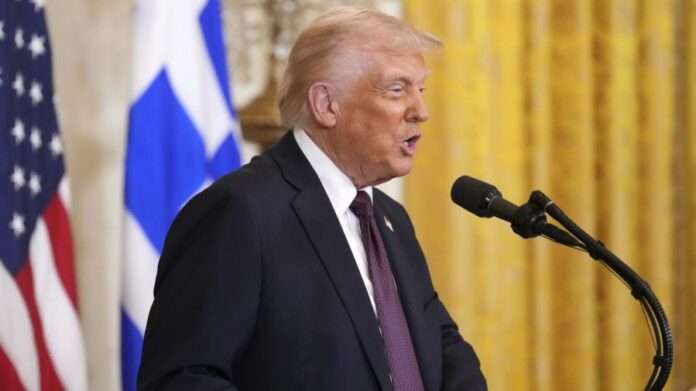
Trump suggests 'compensation' for pardoned Jan. 6 rioters
Share
President Donald Trump has once again stirred controversy with his recent suggestion of providing 'compensation' for the individuals involved in the January 6 Capitol riot who were later pardoned. This proposal has sparked a heated debate among politicians, legal experts, and the general public.
What is the significance of Trump's suggestion?
Trump's suggestion of compensating the pardoned Jan. 6 rioters has raised concerns about the message it sends regarding accountability for their actions. Critics argue that offering compensation could be seen as condoning or even rewarding unlawful behavior, setting a dangerous precedent for future incidents.
How are politicians and legal experts reacting?
Politicians from both sides of the aisle have expressed strong opinions on Trump's proposal. Some have condemned the idea, emphasizing the importance of upholding the rule of law and ensuring that those responsible for the Capitol riot are held accountable. Legal experts have also weighed in, pointing out the potential legal and ethical implications of providing compensation to individuals involved in criminal activities.
What are the potential consequences of this suggestion?
If Trump's suggestion were to be implemented, it could have far-reaching consequences for the justice system and the perception of law and order in the country. Offering compensation to pardoned rioters could undermine the credibility of the legal system and erode public trust in the fairness of the judicial process.
As the debate over Trump's proposal continues to unfold, it remains to be seen how the issue will be resolved and what impact it will have on the broader conversation surrounding accountability, justice, and the rule of law.
